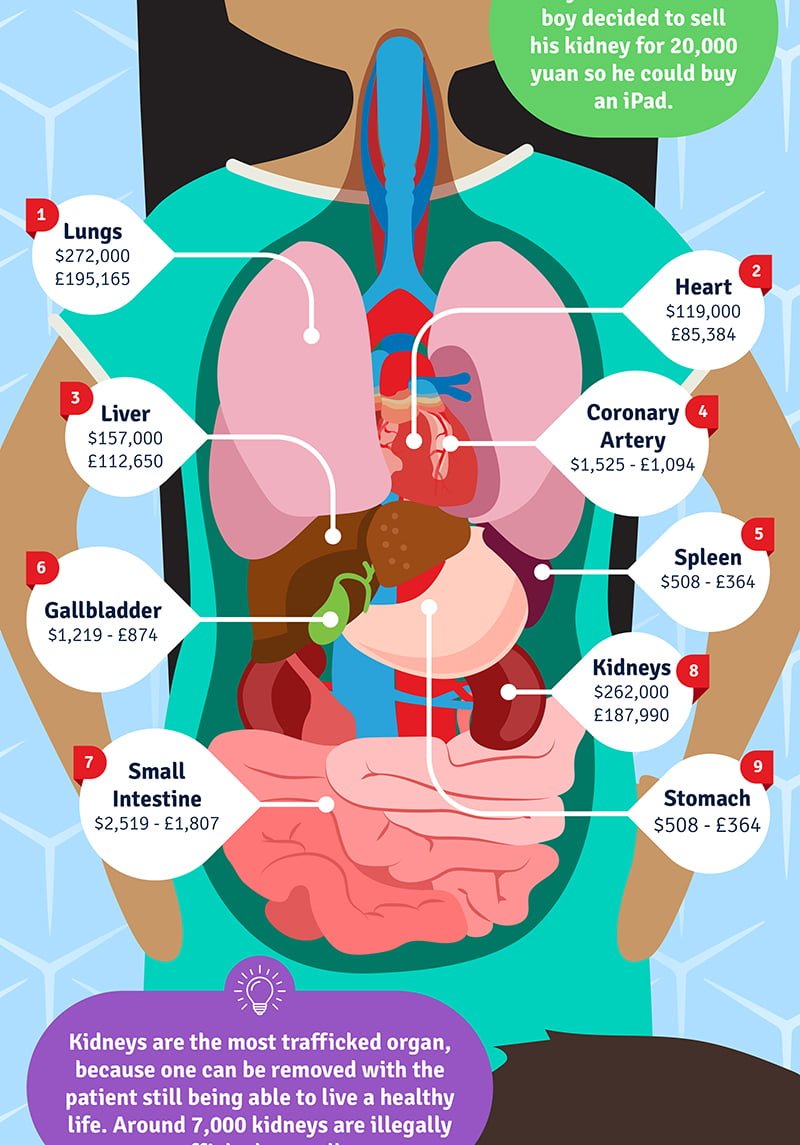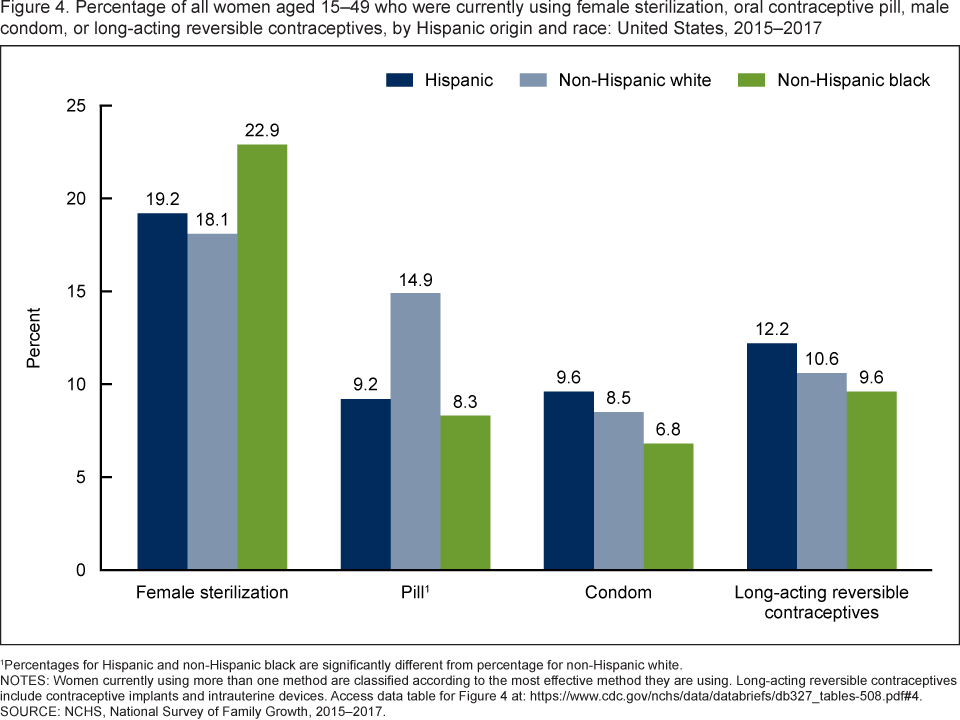If your potassium level is high though youll need to steer clear of bananas and banana bread until your level comes down. You may also have a potassium test if you have diabetes and your doctor thinks you may have diabetic ketoacidosis a complication caused by a lack of insulin in the body.
 Hyperkalaemia High Potassium Level In The Blood Health Life Media
Hyperkalaemia High Potassium Level In The Blood Health Life Media
The FDA considers potassium to be a nutrient of concern because most Americans dont consume enough potassium each day.

What happens if your potassium level is high. Occasionally low potassium is caused by not getting enough potassium in your diet. These may include an irregular heartbeat heart attack temporary paralysis or even death. Both situations are serious and can be life threatening.
Having too much potassium in your blood is known as hyperkalemia. Your nerves stimulate your muscles. If you have high potassium levels your heart muscle activity may be reduced.
Hyperkalemia is an abnormally high level of potassium in the blood. Usually levels under 25 mmolL are considered to be very serious. The ruptured cells leak their potassium into the sample.
Cleveland Clinic is a non-profit academic medical center. Vomiting diarrhea or both also can result in excessive potassium loss from the digestive tract. Potassium plays a role in your nerve impulses metabolism and blood pressure.
Hyperkalemia treatment may include a low-potassium diet medications and intravenous glucose and insulin. You get potassium from food but this potassium can build up in your body if you have kidney problems. Reference ranges are not the exact same at every laboratory.
Potassium is a mineral that helps to keep your nerves and muscles working properly. Its levels are largely maintained by the kidneys. High blood potassium also known as hyperkalemia can be dangerous for your health.
You may experience diminished reflexes or numbness or tingling of your extremities. Hyperkalemia symptoms include nausea fatigue tingling sensations or muscle weakness. This nutrient helps your nerves and muscles function.
Low-potassium fruits you can enjoy in the meantime include apples blueberries raspberries grapes lemons and limes. There are data that suggest that not eating enough potassium in our diet could lead to an increase in blood pressure and even increase the risk of kidney disease and stroke. Too much potassium in your blood can affect the way your heart works causing it to go into an abnormal rhythm which can be very dangerous.
Often a report of high blood potassium isnt true hyperkalemia. It increases disease resistance helps stalks to grow upright and sturdy improves drought tolerance and helps plants get through the winter. Potassium is a critical nutrient that plants absorb from the soil and from fertilizer.
When you have too much potassium in your blood it is called high potassium or hyperkalemia. Normal levels of potassium range from 35 mmolL to 51 mmolL in adults. A little extra potassium generally isnt cause for worry but potassium-rich soil can be a problem.
Health issues from high potassium can happen more than onceand its hard to know when they might happen. If the potassium level in your blood gets too high you could be at risk for serious health issues. Hyperkalemia occurs when potassium levels in your blood get too high.
Potassium is an essential nutrient found in foods. Instead it may be caused by the rupture of blood cells in the blood sample during or shortly after the blood draw. Hyperkalaemia is a condition where you have too much potassium in your blood.
However its also possible to consume too much potassium. Hyperkalemia may also cause no symptoms. When that doesnt happen because of high potassium your muscles dont contract properly.
But if your potassium levels are high enough to cause symptoms you may have. High potassium can even cause a heart attack or death. This falsely raises the amount of potassium in the blood sample even though the potassium level in your body is actually normal.
Tiredness or weakness a feeling of numbness or tingling nausea or vomiting trouble breathing chest pain palpitations or irregular heartbeats. Potassium has an essential role in human physiology and is an element necessary for life. Unfortunately many people do not feel symptoms of high potassium until its too late and their heart health worsens.
But too much potassium in your blood can damage your heart and cause a heart attack. When your potassium is too high it can weaken or stop your nerves from transmitting. Also known as water pills or diuretics these types of medications are often prescribed for people who have high blood pressure or heart disease.
Having too much potassium in your blood can be dangerous. When this is suspected a repeat.











